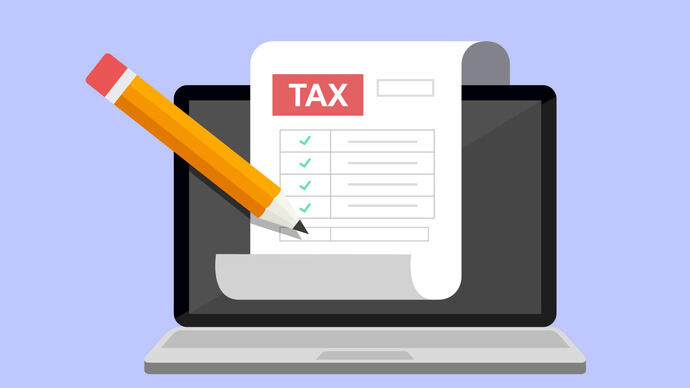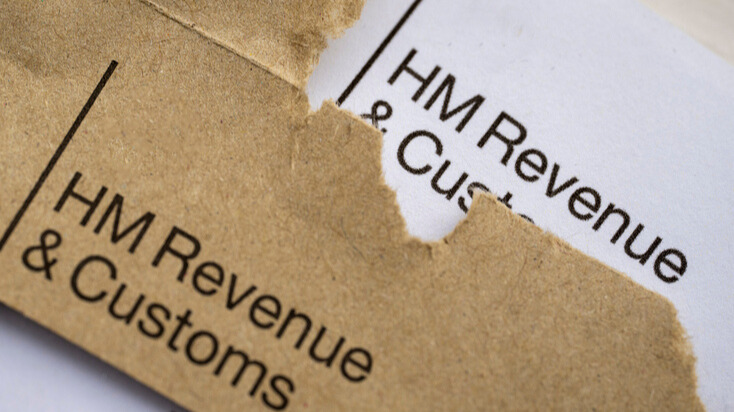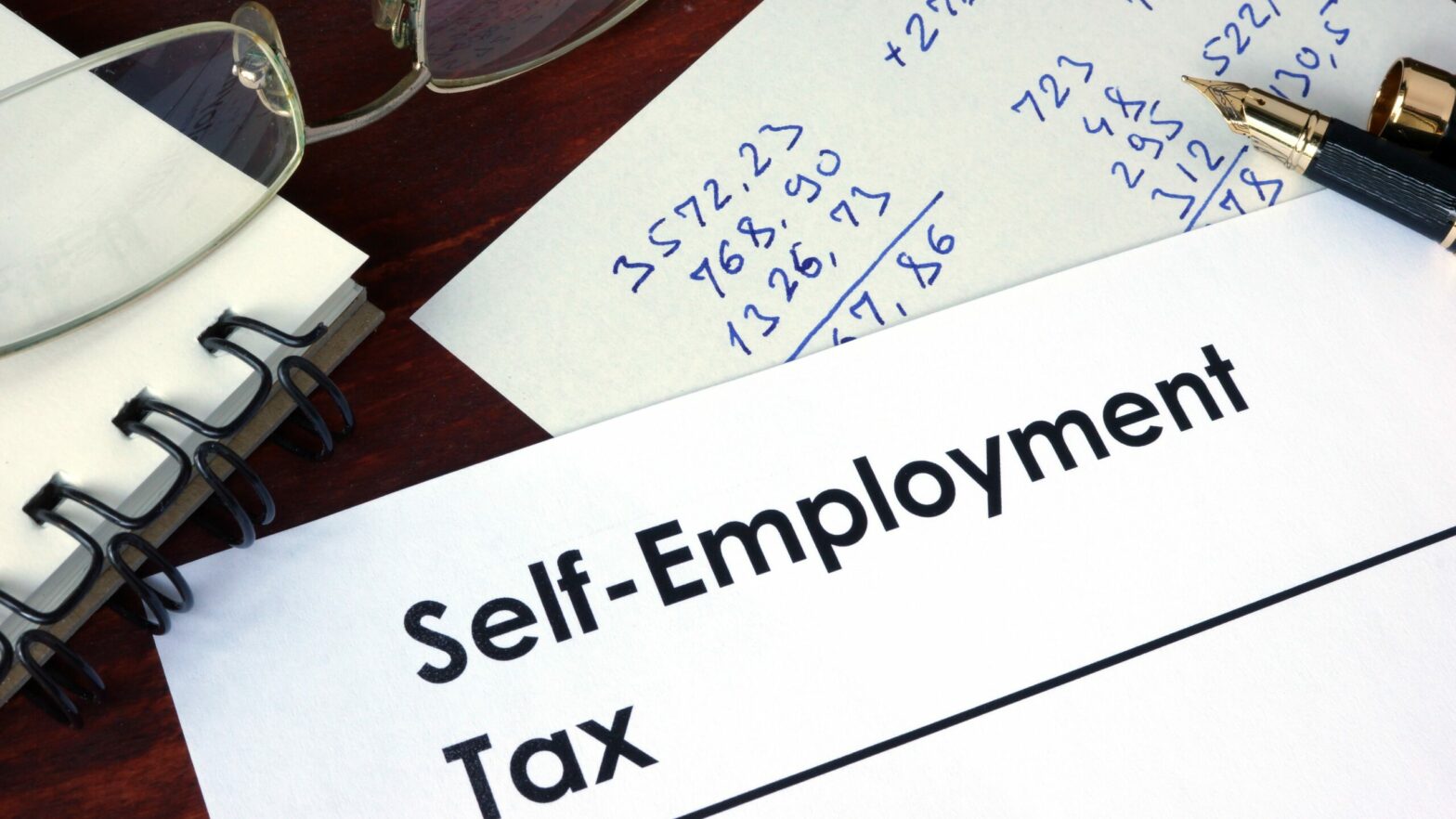Small businesses have called for HMRC to delay its controversial IR35 tax change, which is meant to clampdown on employees passing themselves off as freelancers in order to avoid tax.
The government has already restricted freelancers working full-time in the public sector as contractors, which means they pay less tax than equivalent employees. As employers are the ones who face penalties if they categorise full-time contractors wrongly, it makes hiring sole traders less appealing.
>See also: How to wind up your personal service company ahead of IR35 legislation
Now the Treasury wants to extend its IR35 legislation to the private sector in April 2020.
Mike Cherry, national chairman of the FSB, said: “The self-employed certainly don’t need an IR35 rule change that makes hiring contractors less attractive. We’ve already heard noises from big corporates to indicate that, if this change does take effect in April as planned, they’ll pull the plug on sole traders.
“Common sense dictates that a delay to the April roll-out of these rules is now needed.”
Back in September, chartered accountants also called for the IR35 tax change to be delayed. The Institute of Chartered Accountants in England and Wales (ICAEW) said the date should be pushed back to April 6 2020 to give everyone time to prepare.
>See also: How UK businesses should cope with incoming IR35 rules
Accountant Daniel Fellows of specialist self-employed accountancy firm Gorilla Accounting said: “The government should be nurturing the self-employed sector in the UK, which contributed £275bn to the economy last year. However, the proposed changes to IR35 have been paralysing to freelancers, contractors and locums up and down the country.”
The so-called IR35 rules are designed to end “disguised employment” – the term for people who present themselves as off-payroll freelancers and who tax authorities believe should be treated as employees. The use of personal service companies allows contractors and companies to reduce their tax and national insurance bills. Extending IR35 is expected to raise £3.1bn in extra revenue for the Exchequer between 2020 and 2024.
Rock bottom confidence
The FSB’s call for the Treasury to delay IR35 comes as confidence among the sole traders continues to bump along the bottom. Optimism among sole traders in the three months to September were in negative territory for the fifth consecutive quarter, according to FSB research.
Four out of 10 sole traders said their income fell between July and September and six in 10 do not expect their trading performance to improve between now and January. Indeed, more than one in 10 are braced for it to deteriorate markedly.
The self-employed find it particularly hard to raise finance and those that can do so face borrowing rates of 6pc or higher compared with a current Bank Rate of 0.75pc.
The FSB surveyed 1,274 small business owners and sole traders in September.
Further reading on IR35
Government fails freelancers as it presses for IR35 rules








